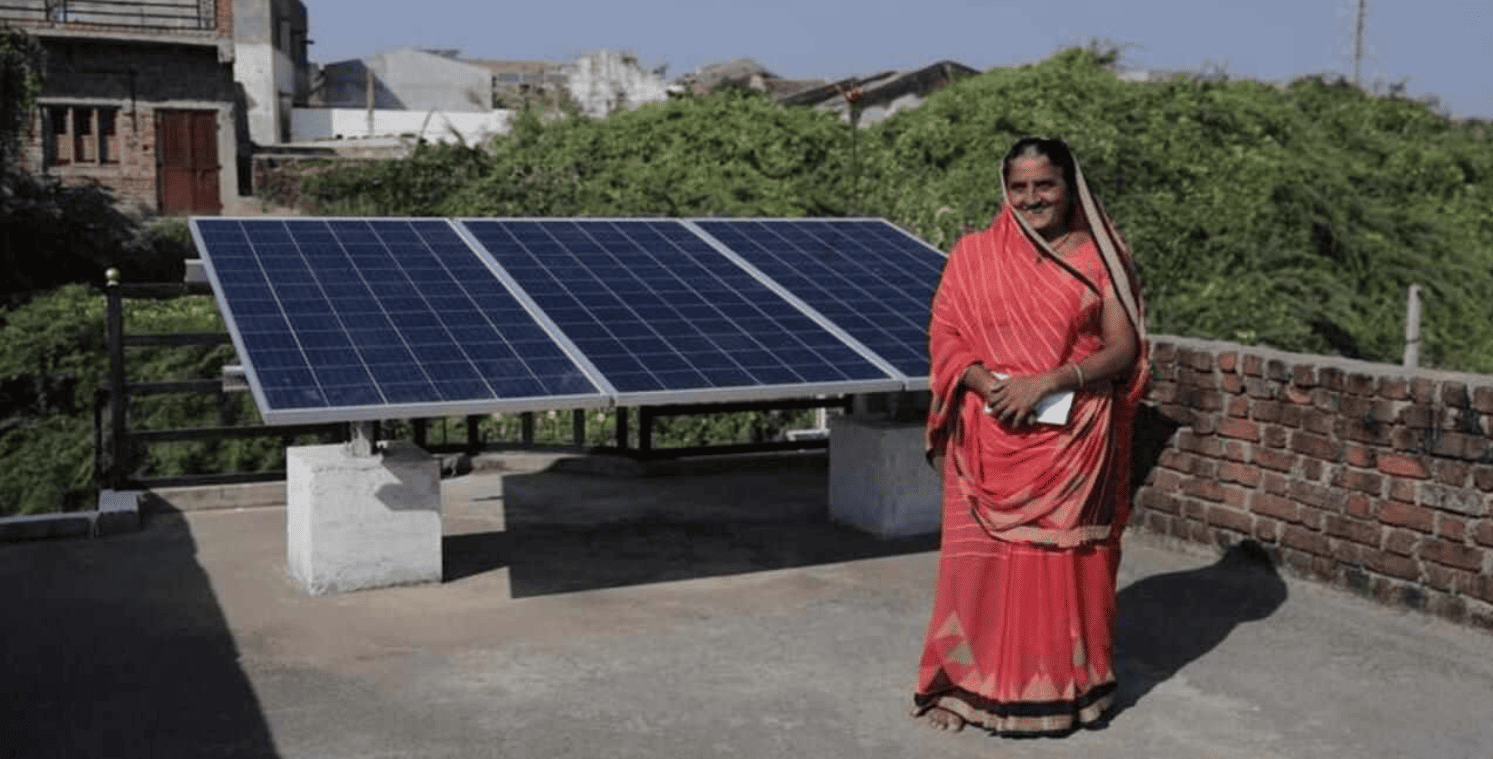Vnice Power
Industry News
The Role Of Solar Energy In Powering Off-Grid Communities And Remote Areas
19/4/2024
In the modern world, having access to electricity is both a basic requirement and a prerequisite for both social and economic advancement. Many rural and distant villages, however, continue to lack grid connectivity, leaving them without a dependable supply of power.
Solar power can be a solution in this situation. Solar energy is a sustainable, clean, and renewable energy source that can deliver electricity to rural villages and off­the­grid dwellings.
Communities that are off­grid and distant places that are not linked to the conventional electrical grid are often found in rural or remote settings.
Low population density, inadequate infrastructure, and a lack of access to essential services like power, water, and healthcare are frequent characteristics of these places.
These towns frequently suffer from isolation and have tough problems with social welfare and economic growth. Lack of access to energy is especially troublesome as it has an impact on many different elements.
Solar energy has the ability to drastically improve the quality of life for those who reside in these regions by raising their standard of living and creating new chances for economic development.
Off­Grid Solar Energy Technology
Remote settlements without access to the conventional electrical grid can be served with off­grid solar energy technologies. With the use of solar panels that harness solar energy, these regions are now able to produce their own electricity. Numerous uses for the produced electricity include lighting, cooking, device charging, and running home appliances.
Solar panels, a battery system for storing energy, an inverter to convert the stored energy into usable power and a charge controller to manage the flow of energy from the solar panels to the battery system are the main components of off­grid solar energy systems. The system's size and capacity may be altered to fit the unique energy requirements of the locality or remote location.
Off­grid solar energy technology offers a steady and dependable supply of electricity, even in locations with restricted connection to the conventional grid, which is one of its key benefits. The device is also ecologically benign since it functions quietly and emits no hazardous emissions. Off­grid solar energy systems are also rather simple to set up and maintain, and because they don't require continuing power payments, they may end up being a more affordable option in the long term.
Off­grid solar energy technology is not without its difficulties, though. A system's initial cost might be costly, and remote locations could have restricted access to technical support and maintenance services.
Off­grid solar energy technology remains a viable option for towns and distant locations without access to the conventional electrical grid despite these difficulties.
Off­grid solar energy is becoming more and more accessible, assisting in bringing power to places where it was previously unavailable, thanks to technological breakthroughs and the growing availability of inexpensive and effective components.
Off­Grid Solar Energy Systems
Photovoltaic (PV) systems that are independent from the power grid are known as off­grid solar energy systems. They are intended to give towns, companies, and residences without connection to the grid that are situated in distant or off­grid locations a dependable supply of energy.
Solar panels, a charge controller, a battery system for energy storage, and an inverter are the main components of off­grid solar energy systems. The inverter transforms the DC electricity generated by the panels into AC power that can be utilized by appliances and electrical devices.
Off­grid solar energy systems' capacity to supply dependable and sustainable electricity to populations who would otherwise lack access to grid power is one of its key advantages. In locations where the cost of expanding the grid is excessively high, these systems can also offer a more affordable option to conventional grid­connected systems.
Off­grid solar energy systems may also be easily extended over time as energy demands change and simply modified to match the unique energy needs of a community or enterprise. Off­grid solar energy systems are a desirable alternative for communities and organizations wishing to take control of their energy demands because of their flexibility.
Off­grid solar energy systems provide communities and companies without connection to the electrical grid with a dependable, long­lasting, and affordable option.
By giving communities access to dependable and sustainable energy, these systems may enhance the quality of life and assist local economic development.
WE OFFER BEST IN CLASS SERVICE FOR YOUR NEEDS
86-13631354535

-

Message

